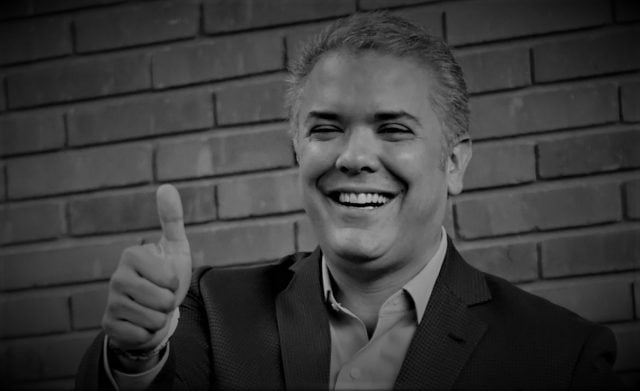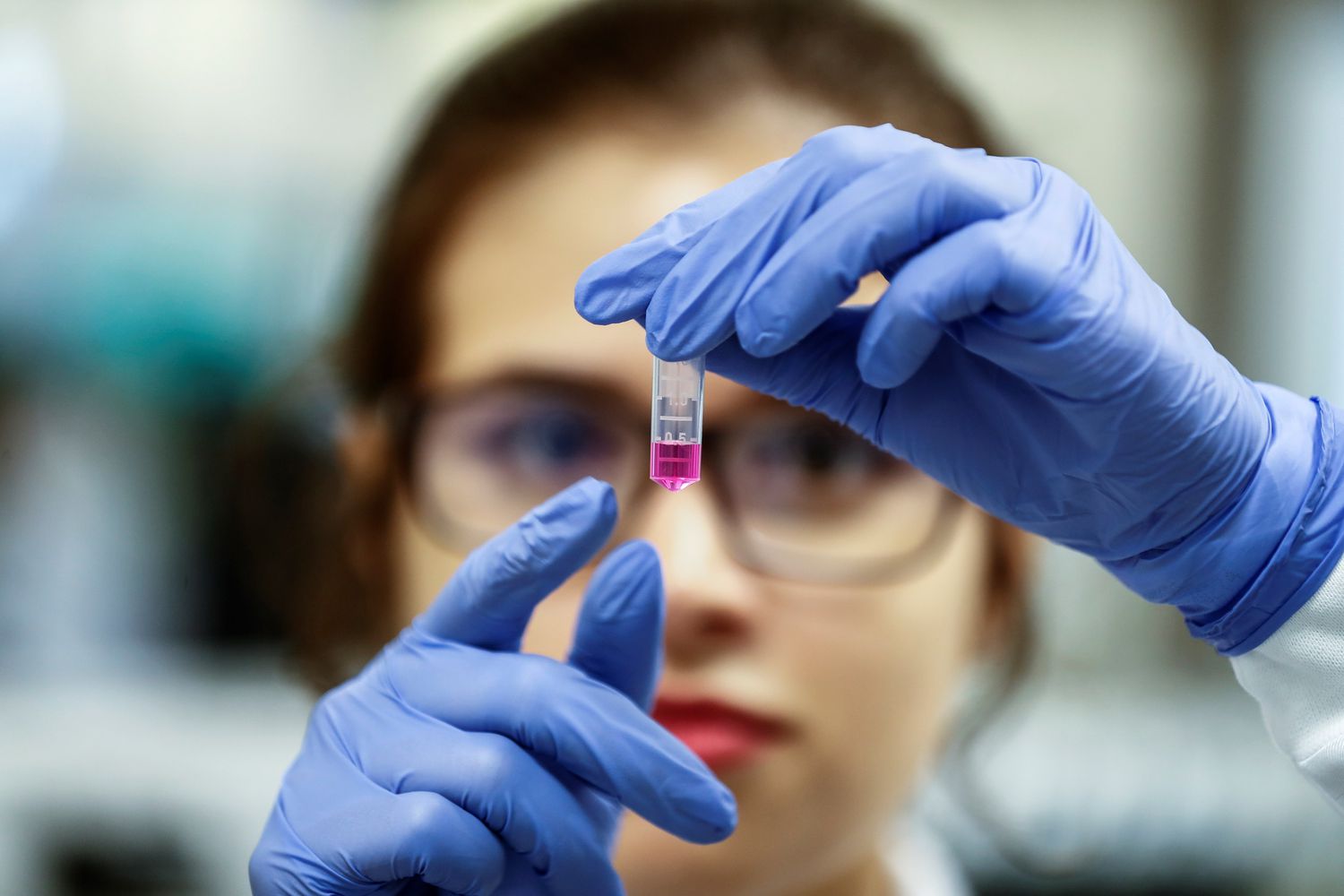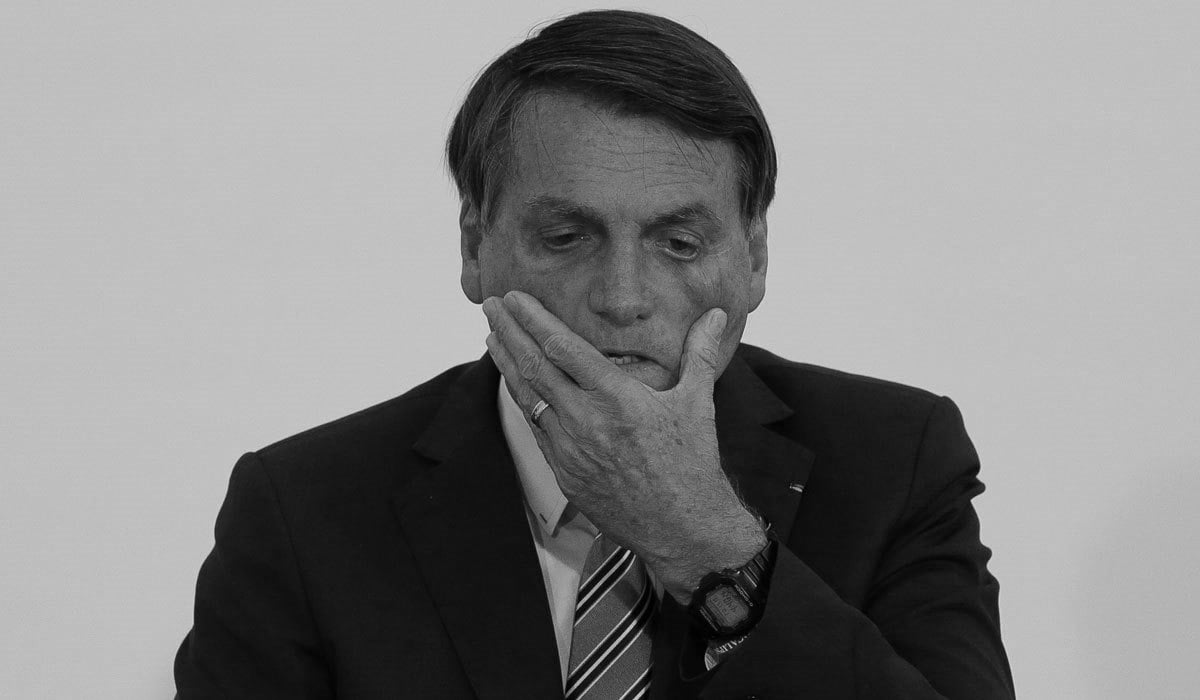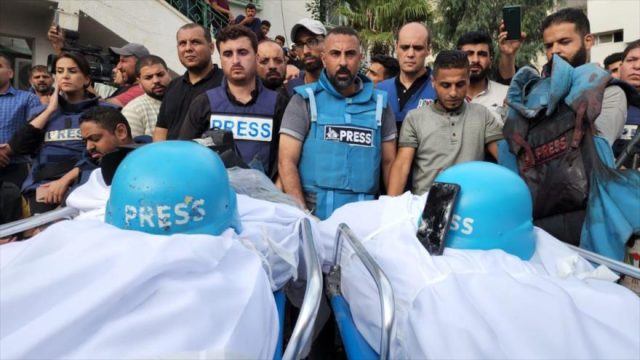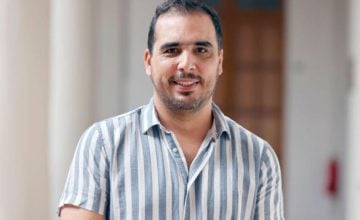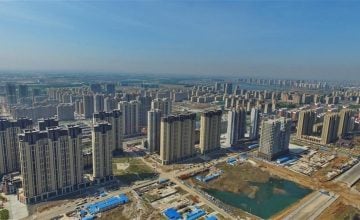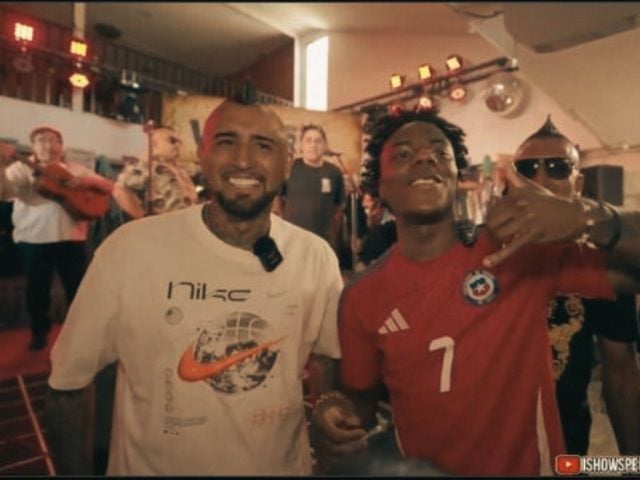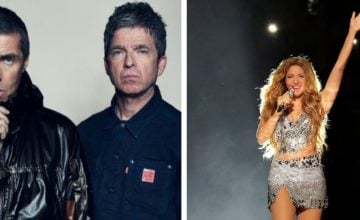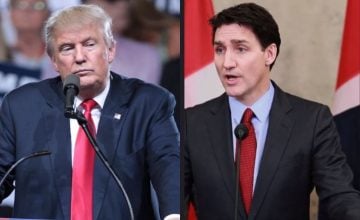Colombian President Iván Duque assured that 2020 will be remembered as the most successful year in the fight against drugs. He even tries to sell that «idea» as an achievement of his Government. The problem is that Colombia continues to be the largest producer and exporter of drugs in the world, specifically of cocaine.
At the end of 2019, the head of investigation of the United Nations Organization on Drugs and Crime (UNODC, for its acronym in English), Angela Me, presented a detailed report on this matter. The report reflected an increase in world drug production and in deaths associated with its use.
In that sense, she condemned Duque’s ‘Uribe’ regime. The text confirmed that Colombia produces and distributes more than 70% of the cocaine consumed in the world.
The report maintains that the Colombian government does practically nothing to fight drug trafficking mafias. She adds that it does not even confront with determination the paramilitary groups that produce and distribute tons of cocaine.
For the UN, the Colombian State is absent in much of the territory. Therefore, their ‘negligence’ allows drug traffickers and paramilitaries to increase the production and distribution of drugs, in a massive and uncontrolled way.
The agency estimates that about 450,000 families live near cocaine production areas. There, they are victims of constant threats from gangsters and paramilitary groups that produce and distribute drugs.

Permissiveness of the State or ‘narco-State’?
The permissiveness of the State is also evidenced in bloody massacres experienced by the population, especially the rural and peasant population. During the Duque regime, more than 1,000 murdered victims have been counted. This statistic includes social, indigenous and political leaders and ex-guerrillas who signed the peace accords, among others.
The same report reveals that the United States continues to be the country that consumes the most of the Colombian cocaine. It is an incomprehensible situation, since the North American country has decades «working» directly in the fight against drugs. They even have seven military bases in that nation.
The situation in Colombia is quite similar to that in Afghanistan. In the Asian nation, heroin production increased after the arrival of invading North American troops. In addition, its presence coincides with the American opioid epidemic that has added more than 100,000 victims in recent years.
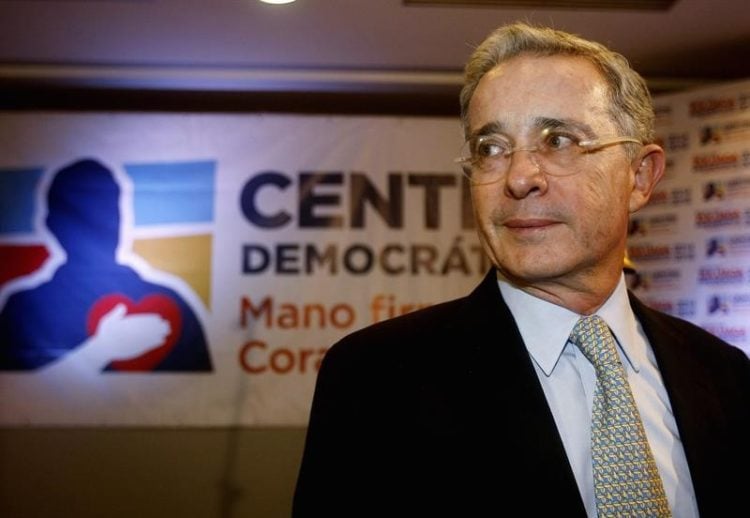
The reality in the South American country is so serious that even President Donald Trump spoke out about this situation. Upon learning details of the UN report, the tycoon publicly claimed Duque for his inefficiency.
The president threatened to eliminate the certification of Colombia as a country committed to the fight against drugs. Likewise, he warned that it could be included on the black list, where the nations that fail to comply with their international commitments against drug trafficking are listed.
However, Trump did not say a word about US policies to prevent the entry of Colombian cocaine. Much less did he refer to the internal distribution process of the drug in the US.
2020: Year of terror in Colombia
Duque has left more than 1,000 fatalities during his administration, among social, union, political, peasant and indigenous leaders. Everything happened after he tossed away the peace accords, at the request of his boss and mentor, Álvaro Uribe.
The continuous massacres perpetrated in Colombia are not exclusive to the Duque administration, but a legacy of the Uribe regime, famous for implanting the so-called “false positives”. These crimes against humanity are today condemned by the entire Colombian society.
2020, which Duque describes as «successful» in anti-drug matters, is totally clouded by the health crisis. This is the product of the terrible administration of his Government in the face of the COVID-19 pandemic. But, apart from everything, Colombia is experiencing another epidemic: generalized violence and the wave of sustained massacres.
Duque seems to want to hide that, from January to September 2020, at least 74 massacres were carried out. The fatal victims numbered at least 291 leaders and human rights defenders. Its perpetrators were the Army, the Police, and narco-paramilitary groups. These figures belong to the Institute of Studies for Development and Peace (Indepaz) of Colombia.
These data show that Duque does not care, neither about the fight against drugs nor about eradicating intrinsic violence in the country. The people know it and that is why massive popular protests are taking place in different cities. In Bogotá – for example – they demand the resignation of the Uribe president and even his imprisonment.
The sectors that protest peacefully are victims of repeated human rights violations. Among their demands are the right to land, to live a dignified and sustainable life, to participate in politics, to be recognized as valid interlocutors by the Government and to promote the processes of substitution of illegal economies in their territories.
